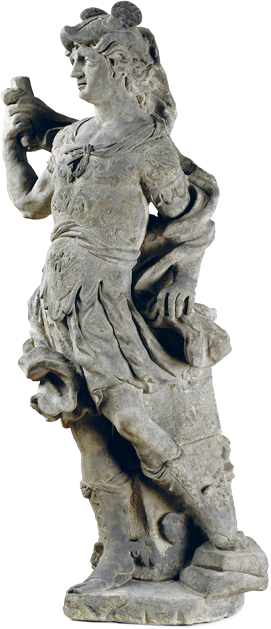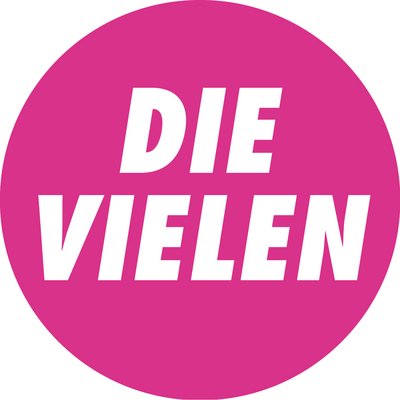
Mission Statement
Cosmopolitan and tolerant since 1873
The GRASSI Museum of Applied Arts is a cultural institution that enables visitors of all ages to explore furnishings and everyday objects from different eras and cultures. The museum aims to cover a diverse range from antique handicrafts to contemporary design. Our museum is meant to be a space of exchange and culture for locals and visitors. We want to stimulate the senses and through this, encourage visitors to have yet unknown experiences and give them new incentives to engage with art, sharpen their own perspective, critically approach subject matters and perhaps even draw conclusions about society or themselves.
Our commitment to the transference of knowledge, education and social values extends to everyone – regardless of their ethnicity or orientation. We believe that our epoch-spanning and interdisciplinary collection can also build a bridge between people. Art should also always be a kind of pleasure: Our aesthetically very finely designed permanent exhibition aims to meet this need.
Discover new perspectives with us!
Sustainability
The topic of sustainability has accompanied the museum for some time now. In all areas of the museum, efforts are made to act as sustainably as possible. This ranges from the gradual conversion of the lighting in exhibitions and offices to LED, to the purchase of green electricity, the use of ecologically justifiable materials in the construction of exhibitions and for events, the use of reusable tableware at events, the climate-neutral production of advertising and printed matter, and so on.
The museum is currently drawing up its carbon footprint in cooperation with the City of Leipzig and is a project partner of GREEN CULTURE INDEX.
Saxon Explanation of the Many
In the “Saxon Declaration of Many” (Sächsischen Erklärung der Vielen), Saxon cultural and scientific institutions make a commitment to social diversity, cosmopolitanism and lived democracy. Our house is one of the 92 first signatories.

